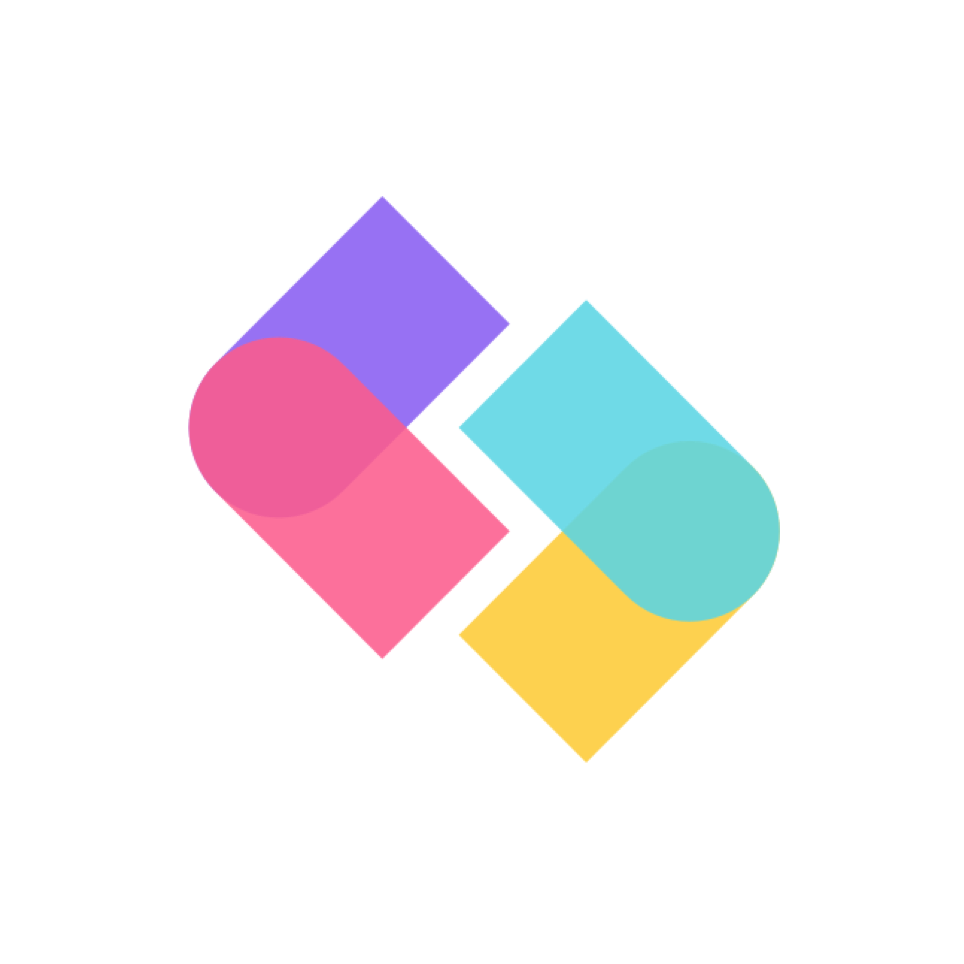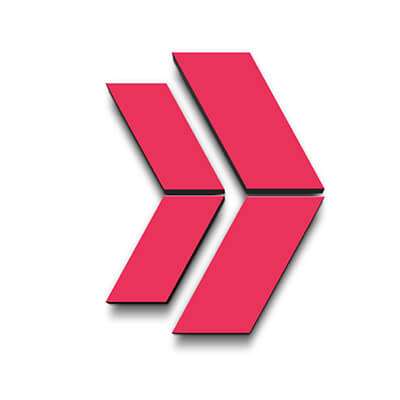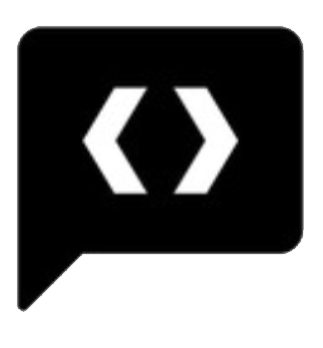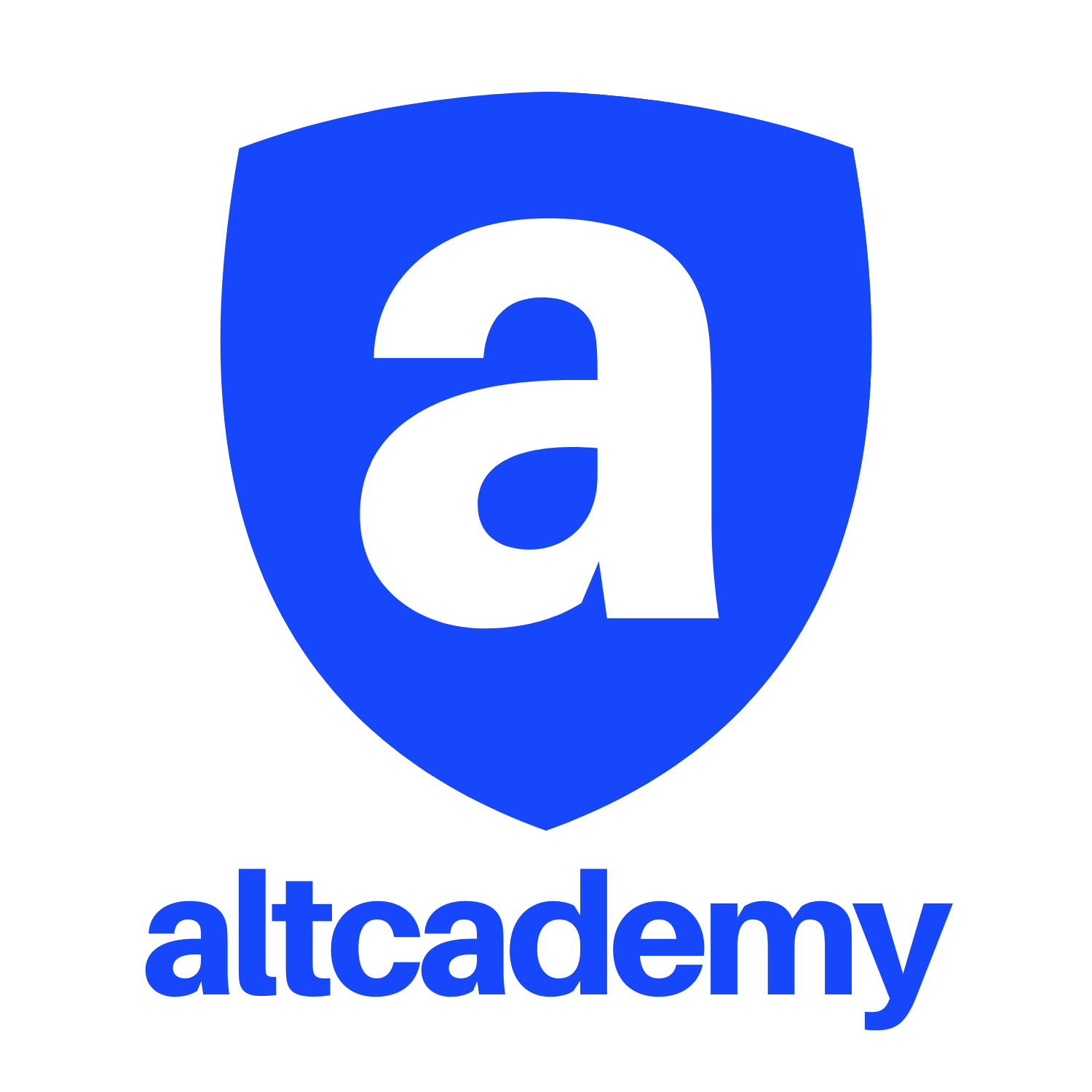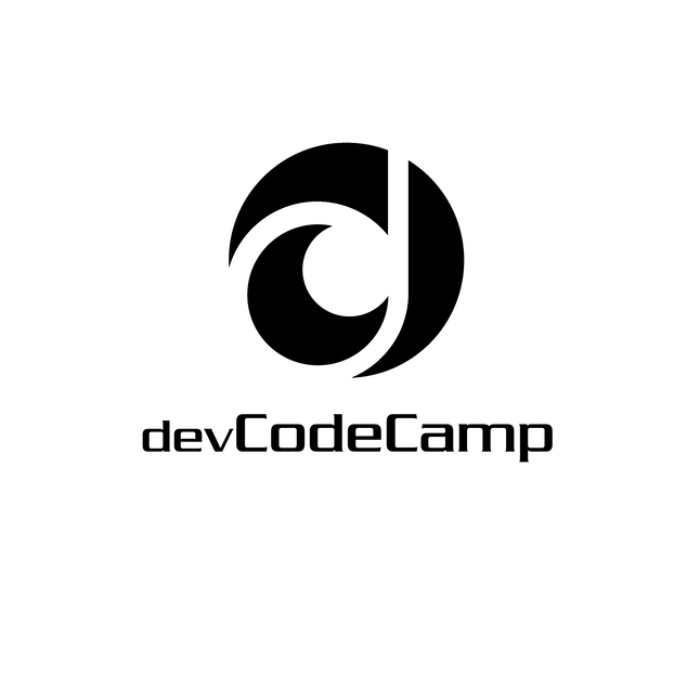How to Learn API - 40 Bootcamps to Get You Started
What You Need to Know About APIs
APIs are widely used for websites and apps. They have become an essential part of how communication is facilitated between applications. Because APIs are an important component of both automation and applications, they can be used to make things quicker, productive, and more flexible. APIs also enhance personalization, adaptability, integration, and efficiency. Being able to build an API is an excellent skill for a developer to have. If you're looking for a bootcamp curriculum that includes either building or using APIs, check out our comprehensive list below.
What is an API?
An application programming interface (API) is the part of a server that receives requests and sends responses. It connects applications, data, and devices so they can "talk" to each other. Some of the programming languages commonly used to build APIs include Python, Ruby, JavaScript, and Java, but most languages will work.
APIs can be either internal or external. An internal API can be used within a company to share data across platforms. An external API lets companies outside an organization use its services to build apps. A good example of this is embedding Google Maps into a web page or app so users can get directions or travel times. This helps reduce the time or cost it would take to create a map feature in a website; developers don't have to reinvent the wheel to add a feature or function that someone else has already perfected.
Why are APIs important?
Being able to work with APIs is important because they have become a fundamental part of web development. They are used for multiple purposes, including:
- Controlling access to hardware and software functions
- Security
- Parking complex objects on a web page
- Programming graphic user interface (GUI)
Developers can also benefit from knowing how to design and build an API. Businesses use APIs to extend the reach of their company and may look for a developer who can define the interactions of a particular product and then build an API that allows it to be easily integrated into other platforms.
Why use APIs?
The primary purpose of using an API is to allow applications to communicate and to make it easier to pull and send data. Not only is this beneficial within a company, but for systems in different organizations to communicate more effectively, which in turn can also help streamline the user experience.
Learn about APIs at a coding bootcamp
In a web development or coding bootcamp, APIs are a part of a larger curriculum, whether learning to use them in an application or learning to build one. You can also find shorter courses through online platforms like Udacity, Udemy, and freeCodeCamp. If you're ready to begin your search for programs that teach using or building APIs, start with the bootcamps listed below.
Comprehensive List of
SheCodes is a coding school that offers online coding workshops for women. SheCodes Basics is a three-week workshop, with five hours per week of study, that introduces students to front-end development. SheCodes Plus is an eight-week workshop that teaches everything in Basics along with Bootstrap, Git, GitHub, hosting, APIs, and more. SheCodes Pro is a 6-month workshop where students will learn everything in Basics and Plus, along with Responsive Development and React. SheCodes Max has...
The WBS CODING SCHOOL is a WBS TRAINING project, an educational institution with more than 40 years of experience and more than 200 locations all over Germany. The full-time courses occur in a unique hybrid concept: The first 12 weeks take place online, the last 3 weeks on the school campus in Berlin. The tuition includes room and board for this phase. Intensive career coaching, which comprises CV optimization and job interview training, is part...
We’re a Virginia-based IT training school specializing in Cloud Engineering, DevOps Engineering, Data Science, Data Analytics, Machine Learning, Deep Learning, Full Stack Web Development, Front End Development, Back End Development, Cybersecurity, Salesforce Admin & Developer, and Blockchain & Web3 Development. We are committed to helping individuals attain practical knowledge through affordable and effective IT training programs. At Clarusway, we deploy innovative approaches — mentorship programs, peer learning, and project-based group study methods. Our unique methodology...
Founded in 2012 and started the bootcamp revolution, Flatiron School offers immersive on-campus and online programs in software engineering, data science, cybersecurity analytics, cybersecurity engineering, and product design that trains passionate people to excel in fulfilling careers. Through all of its courses, Flatiron School teaches students how to learn and change things: their careers, lives, and the world. To apply, submit your application and share a bit about yourself and what's driving you to start...
Founded in 2012 as HackerYou, Juno College of Technology is the school of choice for those underrepresented in tech looking to launch and grow their careers. With an inclusive community, one-on-one career coaching, and a diverse team of industry experts who really care, we're here to help you reach your goals - and have fun doing so! Brand new to tech? We host free monthly online workshops and events for beginners. Looking to level up...
Start Your Career with a Top-Rated Bootcamp
KnowledgeHut is a leading training provider, helping professionals across industries and sectors develop new expertise and bridge their skill gap for recognition and growth in the global corporate world.Developed with the intention of delivering high value training through innovative and practical approaches, KnowledgeHut offers a wide range of services in training, learning and development in the fields of technology and management. The founders of the company are zealous young entrepreneurs, who were motivated by the...
Developers.Institute is a selective & intensive coding bootcamp, dedicated to educating the next generation of tech talent in Israel. We offer cutting edge mentored courses in Web Development (Python and Javascript), working with the industry’s best professionals to take our fellows from beginner to job-ready developer in 3 months. Uniquely positioned at the center of tech ecosystems in Tel Aviv Developers.Institute is designed to open new doors for everyone who wants to learn code. Our...
Altcademy is a 100% online education institute offering affordable intensive programs to help students become software developers. Their web development syllabus covers back-end and front-end technologies, including JavaScript, jQuery, HTML, CSS, React, and Ruby on Rails. Altcademy's programs are designed for self-study and they provide support through chat rooms and 1-on-1 coached office hours (live video conference). Altcademy was founded by a team of programmers who believe empowering people with programming skills can transform their...
devCodeCamp's immersive programs are designed to take software engineers from beginner to full stack developers in 12 weeks. Students learn full stack development using the C# language. The school offers resume development advice, and helps students prepare for technical interviews.
CareerFoundry offers online, flexibly-paced, fully mentored courses and programs that help people build tech careers they love—with a job guarantee to boot! We guarantee that our program graduates will get a job they love within six months of graduating, or their money back. All of our courses and programs are project-based, ensuring that students have the opportunity to apply everything they learn in practical ways, resulting in projects they can showcase in their portfolios. Along...
Best Bootcamps received an average 4.70 of 5 based on 4960 reviews.
References
- Why You Should Care About Building APIs. [online] Available at: https://thedevelopmentfactory.com/article/why-you-should-care-about-building-apis [Accessed 29 July 2020]

